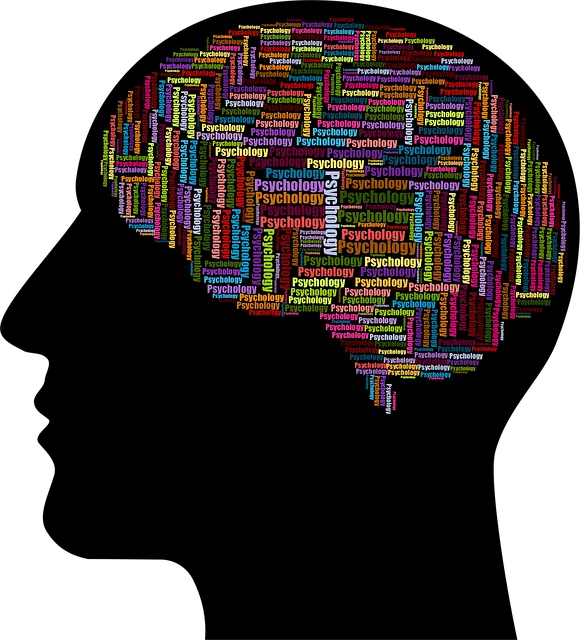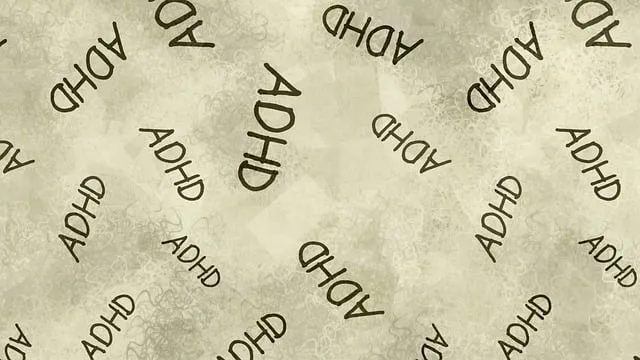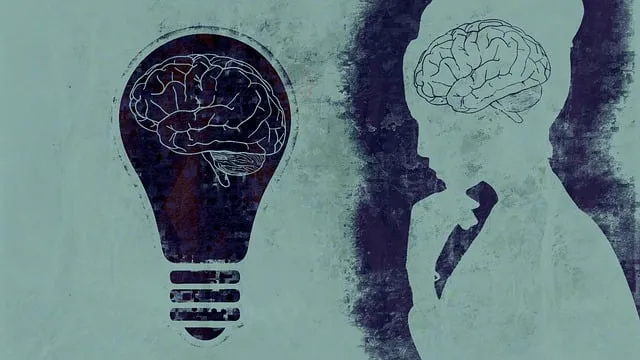In today's diverse society, cultural sensitivity in mental healthcare is crucial, especially at organizations like Kaiser Permanente Norcal Arvada. By understanding and respecting unique cultural backgrounds, beliefs, and values, they offer personalized care tailored to clients from various ethnic, racial, and socio-economic groups. This approach leads to better self-care routines, trauma support, and stress management workshops that resonate with specific communities, ensuring everyone receives culturally responsive care. Kaiser Permanente distinguishes itself through its commitment to integrating cultural competency into every stage of care, accessible via the Kaiser Permanente mental health phone number Norcal Arvada, creating a safe and inclusive space for open dialogue. Continuous learning about diverse cultures and mental health beliefs, along with traditional healing methods and multilingual resources, improves patient engagement and outcomes.
Cultural sensitivity is an essential aspect of providing effective mental healthcare, ensuring inclusive practices that cater to a diverse range of patients. This article explores the critical need for cultural awareness in mental health services and presents Kaiser Permanente Norcal Arvada as a leading model for culturally competent care. We discuss strategies to enhance sensitivity, improve patient outcomes, and emphasize the impact on diverse communities, including how organizations like Kaiser Permanente’s mental health phone number (Norcal Arvada) are revolutionizing healthcare access.
- Understanding Cultural Sensitivity in Mental Healthcare: A Need for Inclusive Practice
- Kaiser Permanente Norcal Arvada: A Model for Culturally Competent Care
- Strategies to Enhance Cultural Sensitivity and Improve Patient Outcomes
Understanding Cultural Sensitivity in Mental Healthcare: A Need for Inclusive Practice

In today’s diverse society, cultural sensitivity in mental healthcare is more critical than ever. It involves understanding and appreciating the unique cultural backgrounds, beliefs, and values of individuals seeking support. At organizations like Kaiser Permanente in Norcal, including Arvada, this sensitivity translates into creating inclusive practices that respect and honor diverse communities. When mental health professionals embrace cultural competency, they can offer personalized care that resonates with clients from various ethnic, racial, and socio-economic backgrounds.
This approach is essential for building trust and fostering effective therapeutic relationships. For instance, considering the impact of systemic racism or cultural norms on a patient’s experience can lead to better-tailored self-care routine development for better mental health. Moreover, it enables healthcare providers to explore trauma support services and stress management workshops organization that resonate with specific communities, ensuring every individual receives culturally responsive care tailored to their needs.
Kaiser Permanente Norcal Arvada: A Model for Culturally Competent Care

Kaiser Permanente Norcal Arvada stands as a beacon of excellence in culturally sensitive mental healthcare. This esteemed facility has pioneered approaches that prioritize understanding and respecting diverse cultural backgrounds, ensuring every patient receives tailored support. Their model integrates cultural competency into every aspect of care delivery, from initial assessment to ongoing therapy sessions.
By offering services accessible via the Kaiser Permanente mental health phone number Norcal Arvada, they’ve made it easier for individuals from various ethnic, racial, and socioeconomic groups to access much-needed mental wellness resources. This inclusive approach fosters a sense of safety and encourages open dialogue, facilitating meaningful connections between patients and healthcare providers. Incorporating elements of Mental Health Awareness and promoting the development of self-care routines are integral parts of their strategy, recognizing that cultural sensitivity is a cornerstone for improving overall mental health outcomes.
Strategies to Enhance Cultural Sensitivity and Improve Patient Outcomes

To enhance cultural sensitivity in mental healthcare practice, professionals should actively engage in continuous learning and education about diverse cultural backgrounds and mental health beliefs. This can involve participating in workshops, attending cultural competency training programs, or even reaching out to community resources for a deeper understanding of specific cultural practices and challenges.
Integrating these insights into treatment plans is crucial. For example, incorporating traditional healing methods like mindfulness, meditation, or herbal remedies recognized within specific cultures can significantly improve patient engagement and outcomes. Additionally, providing multilingual resources, ensuring cultural representation on healthcare teams, and offering adaptable therapy sessions tailored to diverse needs can foster a sense of belonging and encourage resilience-building among patients from various ethnic and cultural backgrounds. Such strategies not only align with Kaiser Permanente’s mission to serve diverse communities, like its mental health phone number for NorCal or Arvada, but also contribute to stress reduction methods and burnout prevention strategies for healthcare providers.
Cultural sensitivity in mental healthcare is not just a preference, but an imperative. As evidenced by Kaiser Permanente Norcal Arvada’s successful model of culturally competent care, embracing diversity and understanding cultural contexts can significantly enhance patient outcomes. By implementing strategies that promote inclusivity, such as those discussed in this article, mental health professionals can better serve diverse populations. For those seeking specialized support, the Kaiser Permanente mental health phone number Norcal Arvada offers a trusted resource. Ultimately, prioritizing cultural sensitivity fosters an environment where all individuals feel seen, heard, and respected on their journey towards healing.






